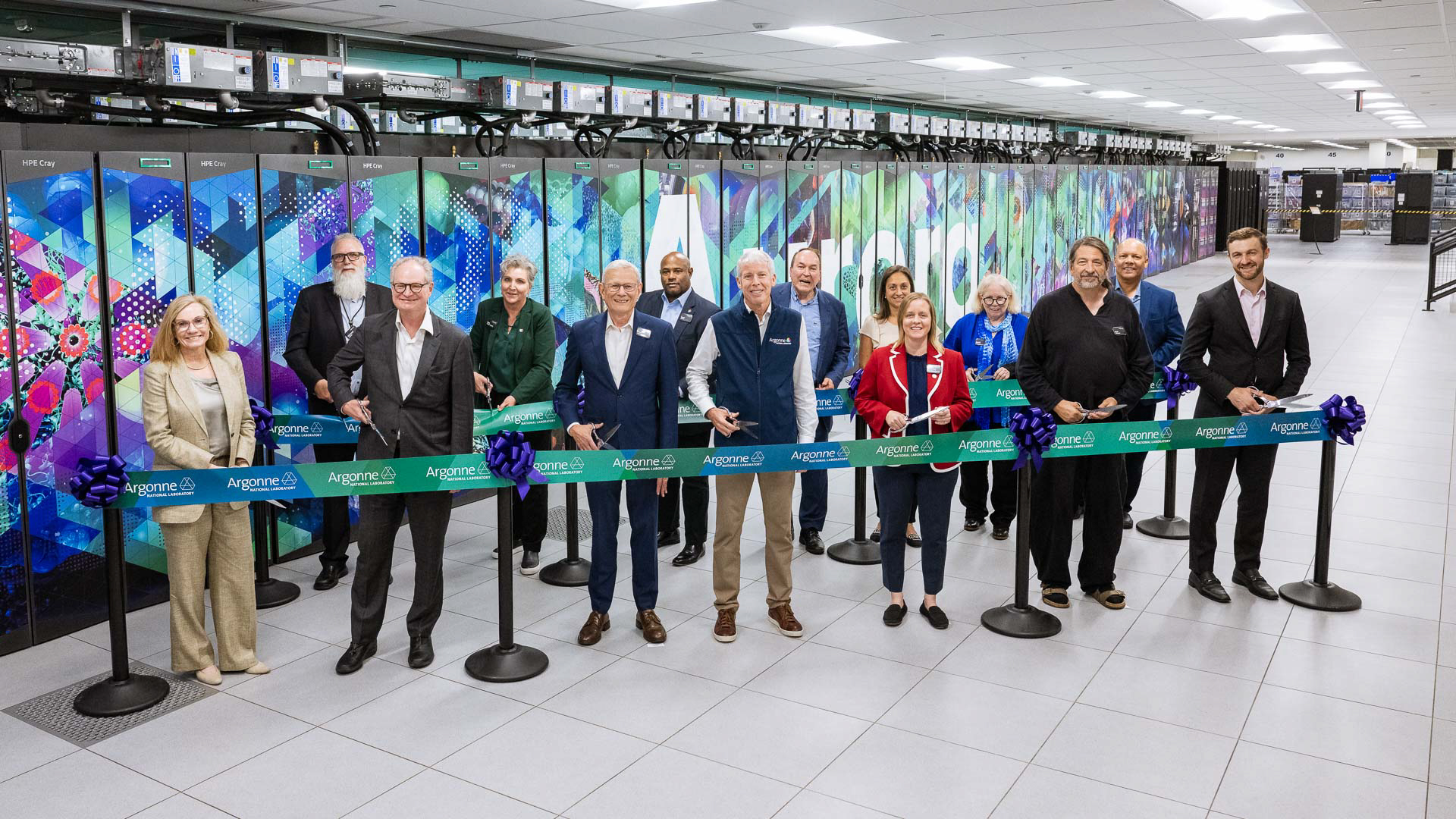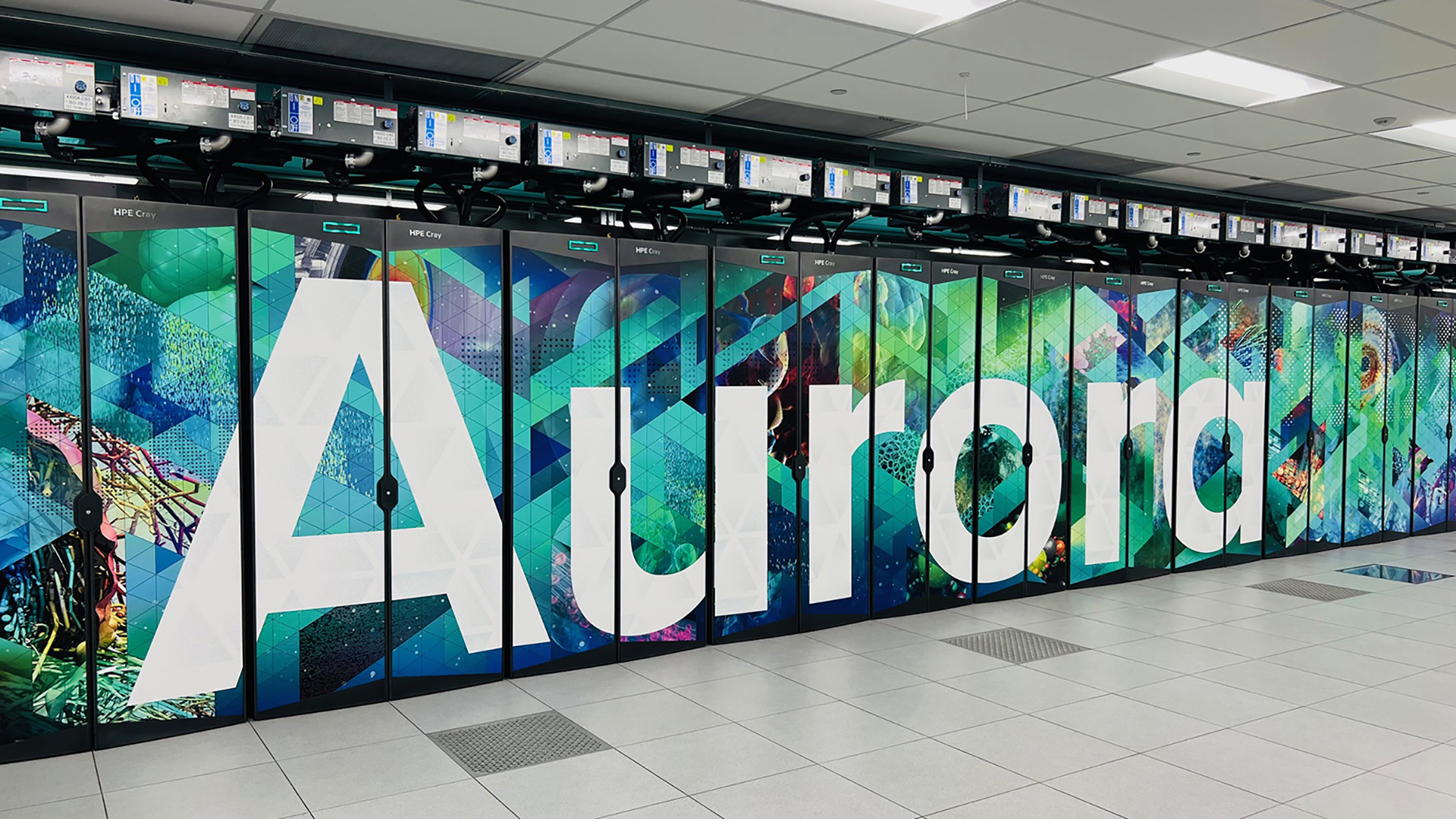Intel Core Ultra Speeds Routine Tasks by 50% for Deloitte’s AI

At Intel Vision, the consulting firm discusses its strategic investment in AI PCs and how it has driven efficiency gains.
A 50% reduction in processing time for routine tasks from a single tech change? How about increased productivity, speed and cost efficiency, reduced error rates, and much greater security and privacy because of the same technology tweak? These are the types of improvements every company seeks.
Deloitte Consulting gained these advantages after investing in a new fleet of AI PCs powered by Intel® Core™ Ultra processors. Company leaders discussed the benefits this week during a main-stage customer session led by Michelle Johnston Holthaus, CEO of Intel Products, and Christoph Schell, Intel’s chief commercial officer, at Intel Vision in Las Vegas.
Press Kit: Intel Vision 2025
“The return on investment is clear,” says Dave Kuder, U.S. Consulting AI Insights & Engagement Market Offering lead at Deloitte Consulting LLP. “We recognized 18 to 24 months ago AI was going to have to be a huge investment for us. And then the challenge became ‘How do we deploy this capability to our professional team of 180,000 strong in the most cost-effective way?’ That's where Intel Core Ultra-powered AI PCs have been central to us being able to deliver that capability and being able to deploy it.”
What is an AI PC?
Publicly available, internet-based generative AI tools rely on the immense processing power of massive data centers. Users input their information, then it’s sent to the cloud and becomes part of the learning model. AI PCs however, can process data on the computer. Internet connectivity is not required, and the data is securely processed on-premises, away from third-party prying eyes. And running AI locally saves the monthly subscription fee many online AI providers charge, while mitigating potential latency users may experience when running cloud-based AI services.1 AI PCs allow for local processing to the extent supported by a particular app.
AI PCs have a central processing unit (CPU), a graphics processing unit (GPU) and a neural processing unit (NPU). It’s a team made to break down AI workloads. The GPU is ideal for AI-accelerated digital content creation. The NPU is ideal for sustained AI workloads and AI offload for longer battery life. And the CPU’s fast response is ideal for low-latency AI workloads.
How Deloitte Engineers Use Intel AI PCs
Deloitte’s consulting services are as wide-ranging as the companies and industries it helps. The organization performs financial audits to assure records are accurate; it helps retail companies or government entities solve problems and improve operations to become more efficient; it helps automakers and entertainment companies navigate the complex world of taxes; it helps banks assess the risks of lending money or gets them through a financial crisis. The firm also does specialized consulting in healthcare, life sciences, energy and utilities.
The company’s work requires employees with specialized knowledge in accounting, finance, technology, strategy and risk management – among other specialties. And Deloitte employs more than 20,000 engineers who strategize and implement technology-driven solutions for clients. That’s where Intel-powered AI PCs have made a big difference.
“AI needs to be thought of as a feature, not a standalone product. And that means it must be embedded in how people work, in where they work, where business occurs,” says Bill Briggs, Deloitte Consulting’s chief technology officer.
“We've embedded AI in our engineering platforms, and using AI PCs, we've seen a dramatic increase in productivity. The tasks they didn't like to do – like environment provisioning, data pipeline, set up the CI/CD (continuous integration/continuous delivery) to be able to have builds deployed, testing documentation – all those tasks are now being automated. They’re necessary, but it’s not why I'm a computer engineer,” Briggs says. “And more importantly, it allows us to standardize the process, giving us higher confidence in how our people are working. So we're getting more strategic because we're more standardized, and we're seeing tangible benefit in productivity in areas that engineers appreciate.”
Briggs quotes the axiom: “Operations eats innovation for lunch.” It means employees can get bogged down doing things that don’t have an impact on their business, he says. For example, coding can be monotonous. But AI, especially on-device, is changing that. Now, Deloitte’s developers use generative AI to automate the more routine aspects. And his employees can focus on things that will make a real difference for the company and its clients.
Their customers are no different. Often, it’s the simplest problem that’s the toughest to tackle, and now Deloitte developers are solving those challenges faster. With Intel AI PCs, Kuder says, “we’re finding opportunities to optimize bringing AI and machine learning (ML) to the programming of robots on a manufacturing line or reducing the time to visually tag images to identify defects on a manufacturing line. Turns out some of the most interesting AI and ML problems that our clients are facing are the least sexy of them all. But that's what starts to bring high ROI and drive tremendous value for many of our clients.”
In addition to on-device coding assistance, Deloitte Consulting’s Chief Commercial Officer Dounia Senawi told the Intel Vision audience that the firm has a project underway looking at other ways to use the power of the neural processor on Intel AI PCs.
“We recently piloted our Tier 1 help desk application called TechSage using Intel-powered AI PCs. It’s designed to handle tasks ranging from simple password resets to more technical issues like Outlook or Teams troubleshooting. Applications like these free up our professionals to focus on more complex, high-impact work,” Senawi said.
Senawi said Deloitte engineers particularly love the ability to use AI applications, no cloud connection needed. Consultants who fly frequently are maximizing that time in the air, able to continue work on their laptops.
Intel introduced the AI PC in December 2023 with Intel Core Ultra processors. Intel is on track to power 100 million AI PCs by the end of 2025.
More: Deloitte's On-Device AI Brings Productivity Gains
1 AI features may require software purchase, subscription or enablement by a software or platform provider, or may have specific configuration or compatibility requirements. No product or component can be absolutely secure. Learn more at intel.com/AIPC. Results may vary.







